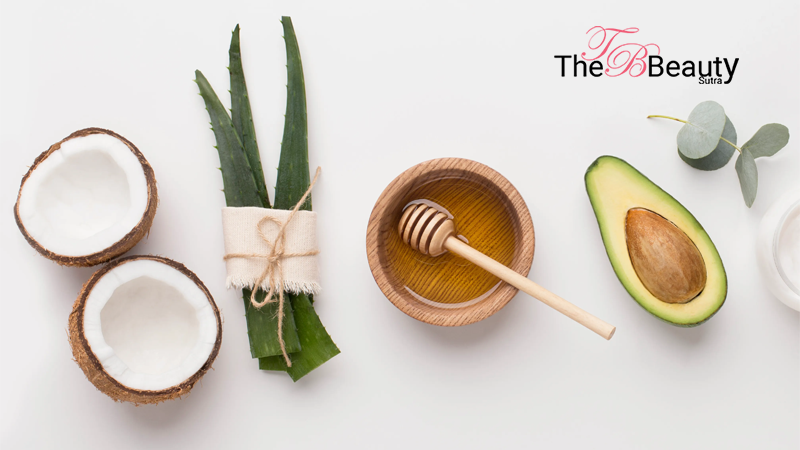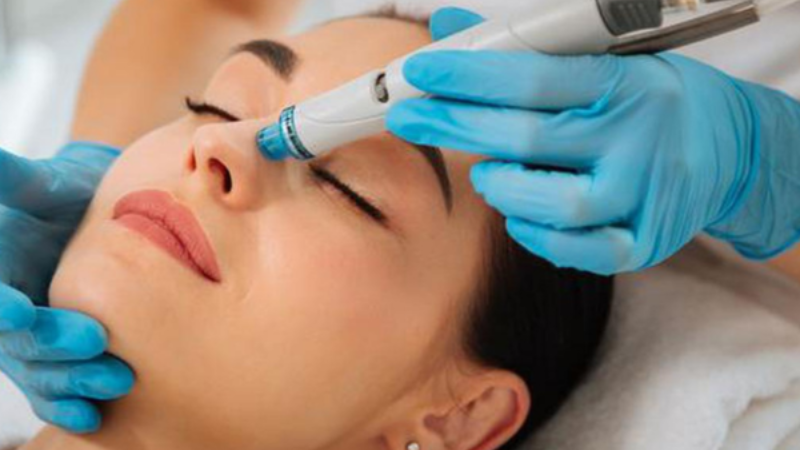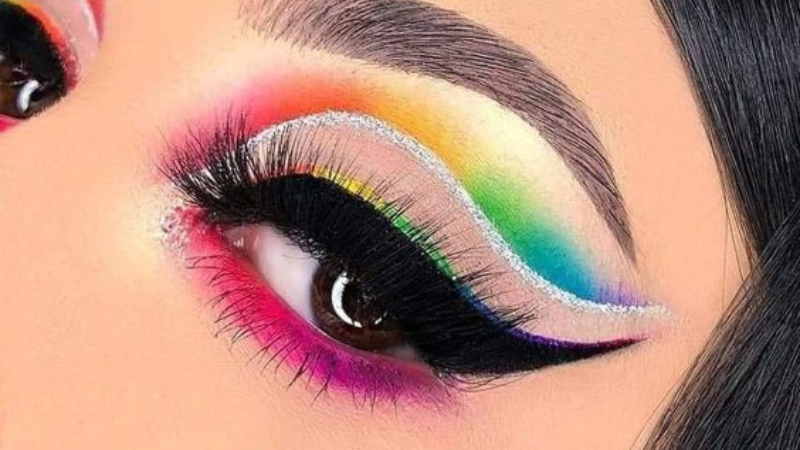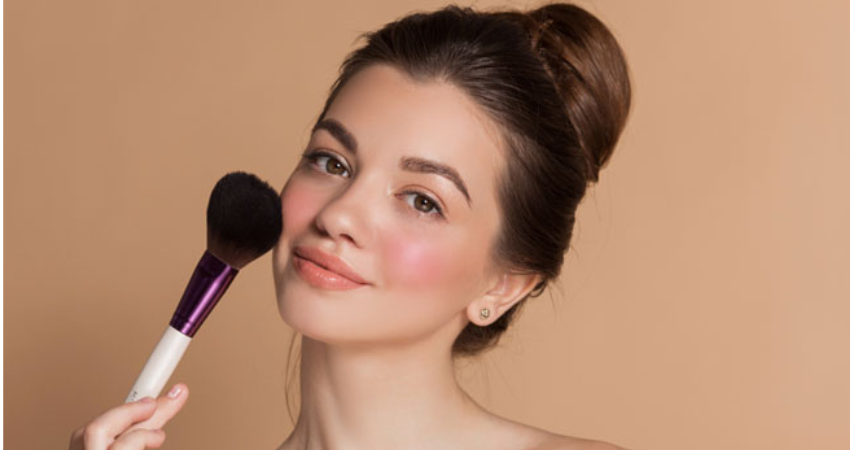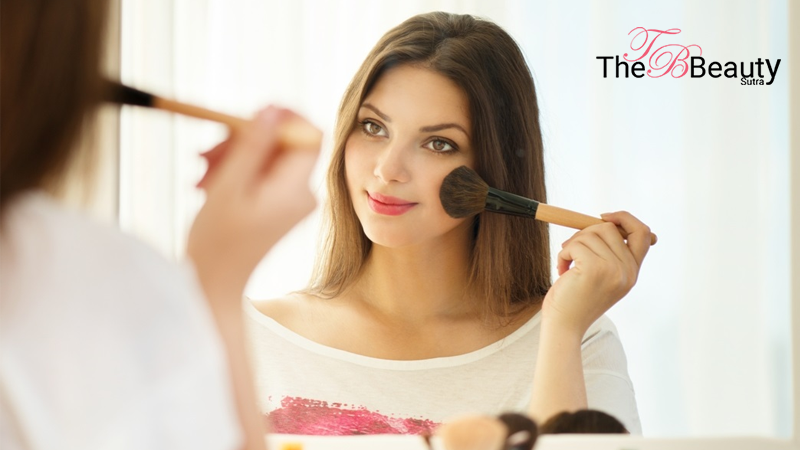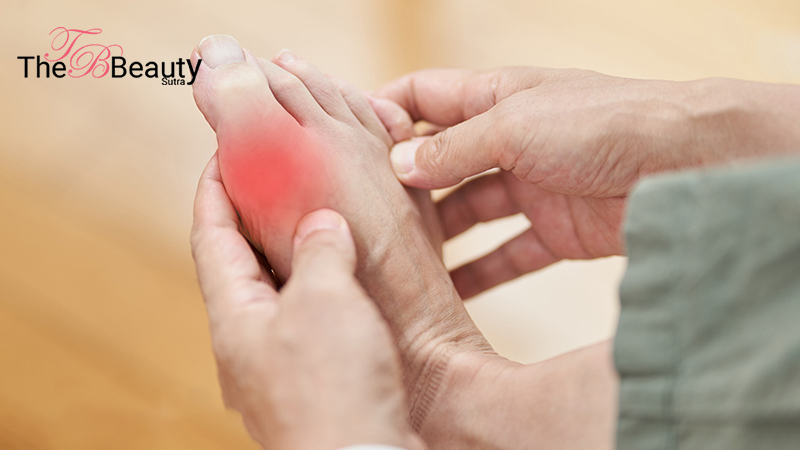In this article, we’ll delve into five common kitchen ingredients you should watch out for to maintain healthy and beautiful skin.When it comes to skincare, the kitchen is often viewed as a treasure trove of natural remedies. It’s not uncommon to see various DIY face mask recipes and skincare hacks that recommend using everyday kitchen ingredients. While some of these home remedies can work wonders for your skin, there are certain kitchen ingredients that should be avoided at all costs.
Table of Contents
1.Baking Soda
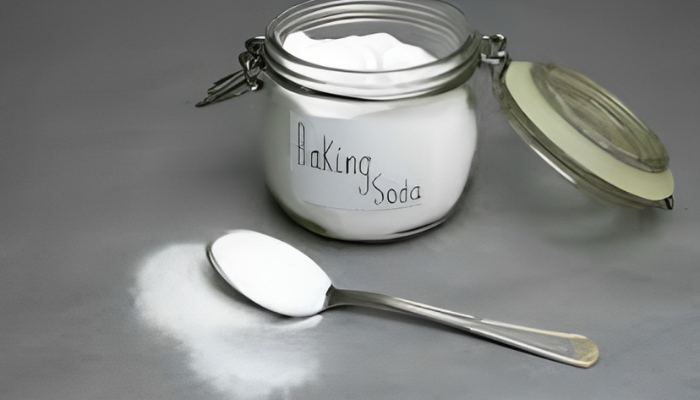
In the realm of skincare, the allure of “kitchen ingredients” is undeniable. However, not all “kitchen ingredients” are created equal when it comes to promoting healthy skin. Take baking soda, for instance.”Baking soda on your face?” you might exclaim in disbelief. Surprisingly, some individuals use baking soda as a quick fix for acne, dark spots, and blemishes. However, this practice is far from safe, according to dermatologists. Baking soda is an alkaline substance with a high pH, and when applied to the skin, it can disrupt its natural pH balance. Various issues can result from this, including:
Irritation: Baking soda can cause redness, itching, and discomfort when applied to the skin. It’s particularly harsh on sensitive skin.
Chemical Burns: The abrasive nature of baking soda can lead to chemical burns, leaving your skin damaged and vulnerable.
Skin Allergies: Prolonged or frequent use of baking soda can trigger allergic reactions, making your skin more prone to problems.
2.Lemon Juice
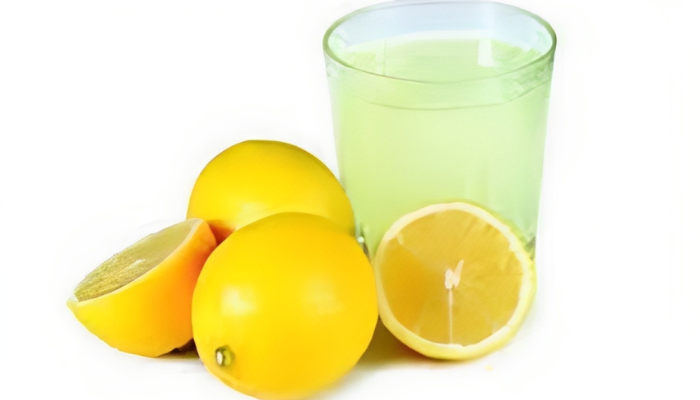
Lemon juice is a common kitchen ingredients in many DIY face masks and cleansers. It’s often touted for its natural bleaching and astringent properties. However, the high acidity of lemon juice can be detrimental to your skin. Here’s why you should be cautious:
Skin Irritation: Lemon juice can be highly acidic, leading to skin irritation, redness, and even a burning sensation, especially if you have sensitive or dry skin.
Phototoxic Reaction: When lemon juice-treated skin is exposed to sunlight, it can trigger a phototoxic reaction, leading to blisters, rashes, and hyperpigmentation. This makes it essential to avoid direct sun exposure after using lemon juice on your skin.
3.Vinegar
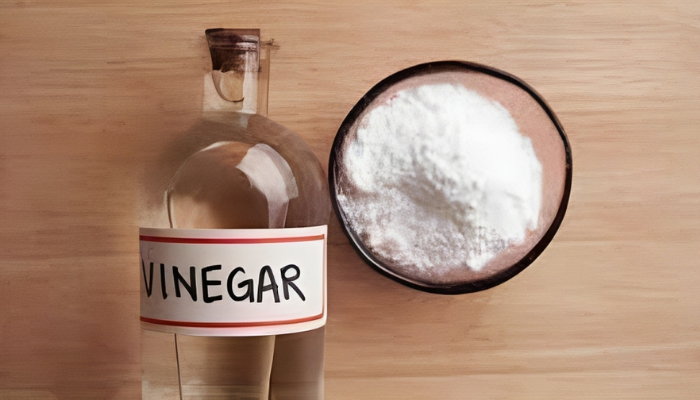
Vinegar is a versatile kitchen staple, often used in cooking and various home remedies. While it is sometimes recommended as a toner for the skin, experts advise against its use for several reasons:
High pH: Vinegar has a high pH level, making it highly acidic. This acidity can disrupt the natural pH balance of your skin, leading to irritation and other issues.
Sun Sensitivity: The use of vinegar on your skin can increase its sensitivity to sunlight, potentially resulting in sunburn or other UV-related skin damage.
Chemical Burns: In some cases, vinegar can cause chemical burns, which can be extremely painful and damaging to the skin.
4.Spices
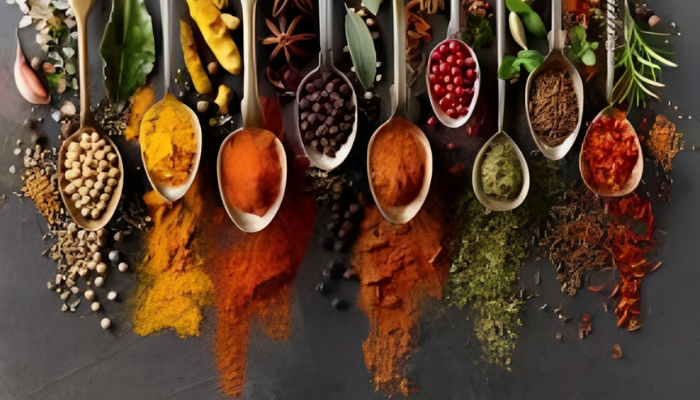
While spices like turmeric are celebrated for their skincare benefits, not all spices are skin-friendly. Spices such as cinnamon, cloves, and chili powder should be used with caution. These spices are known to cause skin issues, including:
Skin Irritation: When applied directly to the skin, these spices can cause redness, itching, and irritation, especially for those with sensitive skin.
Allergic Reactions: Prolonged or frequent use of these spices in skincare can lead to allergic reactions, making your skin more susceptible to rashes and other problems.
If you still want to incorporate spices into your skincare routine, it’s advisable to consult a dermatologist or perform a spot test to ensure your skin doesn’t react negatively.
5.Toothpaste
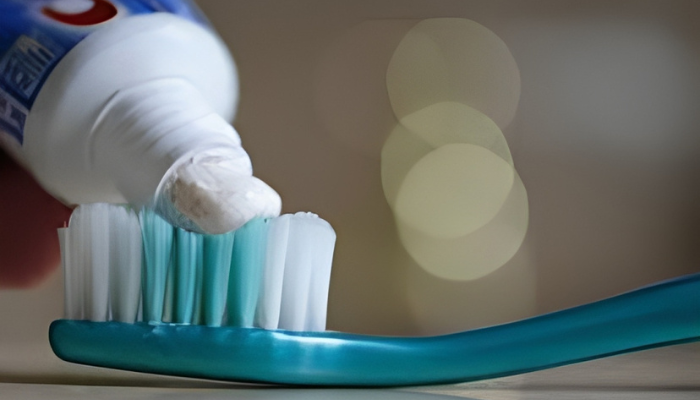
Toothpaste is often hailed as a quick remedy for acne. While it may dry out pimples temporarily, it’s not a recommended solution for several reasons:
Irritating Ingredients: Toothpaste typically contains ingredients like peppermint, peroxide, fragrances, and alcohol, which can be harsh on the skin and cause irritation.
No Acne-Fighting Benefits: Toothpaste doesn’t contain the active ingredients needed to effectively treat acne, so its application may not yield the desired results.
Potential Skin Damage: The abrasive nature of toothpaste can damage the skin’s protective barrier, making it more vulnerable to issues.
Conclusion
While the allure of DIY skincare solutions using kitchen ingredients is strong, it’s crucial to exercise caution and discernment. Not all ingredients found in your kitchen are suitable for your skin. To maintain healthy and beautiful skin, it’s essential to avoid potentially harmful substances like baking soda, lemon juice, vinegar, certain spices, and toothpaste.

